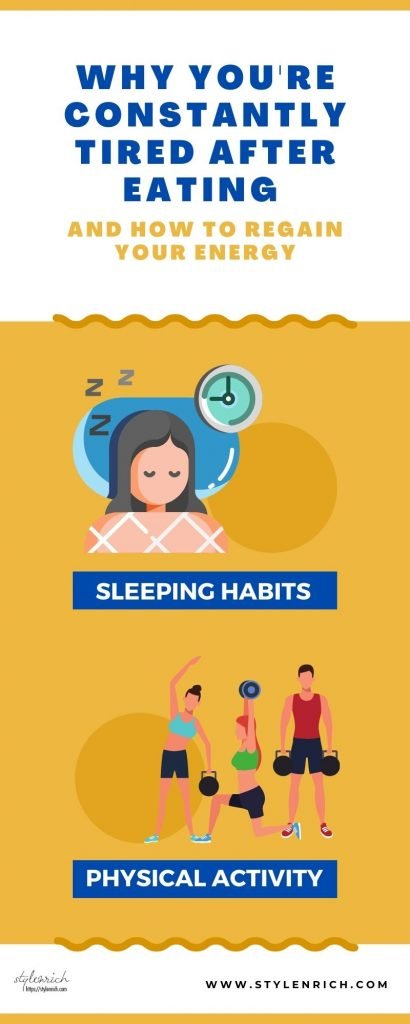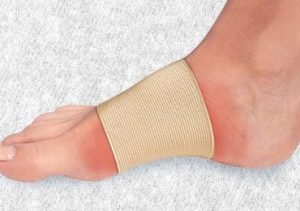Eating food gives your body the energy it needs to keep going through the day. That’s why it’s a little puzzling when it does the opposite and leaves you lethargic and sleepy.
There is nothing wrong with feeling sleepy after eating a little. The drowsiness that follows a meal can be attributed to many factors, but you can minimize that effect several ways.
You feel tired after eating because you consumed a lot of food, which acts as fuel instead of food. So stop eating wrong; Correct your eating habits.

Cold and Flu Remedies
The pancreas secretes insulin, a hormone that affects energy levels after eating. Insulin levels spike after you eat to keep blood sugar levels the way they should be.
Make sure to include complex carbs, healthy fats, and lean protein in every meal, and choose foods low in saturated fat, high in fiber, and minimally processed to avoid the post-meal slowdown. Keep yourself active every day, get seven hours of sleep each night, and stay hydrated to keep yourself going until bedtime.
Your sleeping habits
Sleep deprivation can also affect how you feel after eating. After a long day of work, you may feel more like resting if you are relaxed and whole. To get a better night’s sleep, maintaining a regular sleep schedule, limiting stress, and including exercise in your daily routine is a must.
Even though some studies have shown that post-lunch naps improve alertness and both mental and physical performance, avoid taking naps in the afternoon if you have difficulty sleeping well at night.
You drank alcohol with your meal-Eating wrong.
Alcohol can make you feel quite tired and lethargic. We feel sleepy when we drink alcohol because it suppresses our central nervous system. While sedation is not long-lasting with alcohol, drinking alcohol close to bedtime will disrupt the sleep cycle, meaning the night will be less restful.
Your physical activity
You can minimize the risk of post-meal slumps by exercising during the day, in addition to sleeping better at night. In numerous studies, exercise leads to increased energy and reduces fatigue. Sedentary living does not allow one to tap into some sort of energy reserve at will. Instead, being active helps you feel energetic throughout the day.
Fat and carbs were high in your meal
If they are high in carbs and fat, comfort foods make you feel sluggish. Red meat and sugary sweets, which are known to cause inflammation, can cause your body to release cytokines
Or you ate a pretty big lunch
There is more to the food you ate than the amount you ate when you are tired after eating. Energy is required to digest and absorb a larger meal. After all, that energy has been expended, you may begin to get fatigued, so cut down on your portion sizes and eat a high-protein snack between meals.
It’s not good for you to be addicted to caffeine
You get a little boost in the morning, but it doesn’t last. After you chug it down, caffeine can usually start working its stimulating effects three to five hours later. Thus, it may be less about what you ate for lunch than about when you first drank that coffee in the morning.

















